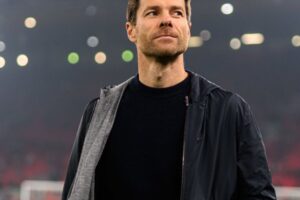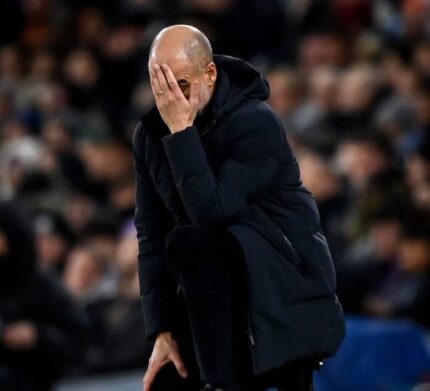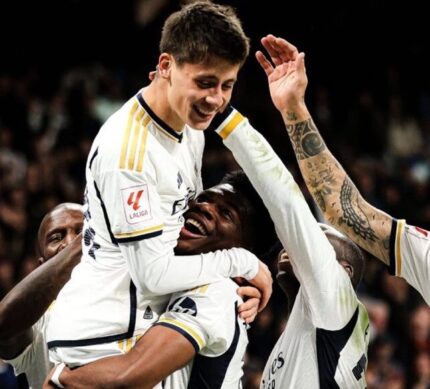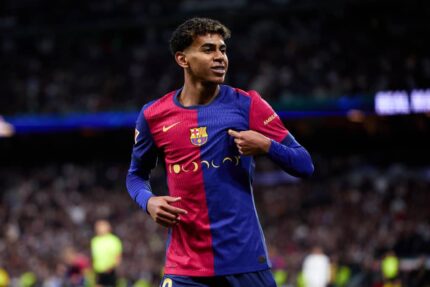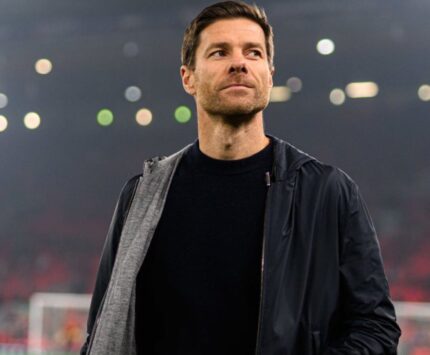Manchester City, traditionally a powerhouse in English and European football, is experiencing an unprecedented run of poor form that has shocked fans and pundits alike. The team has managed only a single victory in their last ten matches, a stark contrast to their usual dominant performances. This decline is not merely a temporary blip but appears to be a complex confluence of physical, tactical, and psychological challenges that are proving difficult to overcome.
The team’s struggles are multifaceted, with injuries playing a significant role in their current predicament. Key players like Rodri have been absent for extended periods, exposing vulnerabilities in the squad’s depth and tactical flexibility. The absence of consistent, high-performing players has created a cascading effect, undermining the team’s normally robust playing style and strategic approach.
Injury Crisis: The Root of Manchester City’s Woes
The injury list at Manchester City reads like a who’s who of the team’s most crucial players. John Stones, Nathan Ake, Manuel Akanji, Ruben Dias, Jeremy Doku, and Kevin De Bruyne have all spent significant time on the sidelines, disrupting the team’s rhythm and tactical cohesion. Manager Pep Guardiola has been forced to constantly reshuffle his lineup, starting players in positions and combinations that deviate from his preferred strategic setup.
The physical toll of recent years’ successful campaigns appears to be catching up with the squad. As Guardiola himself noted, the team has been involved in the latter stages of multiple competitions for several seasons, which has inevitably led to accumulated fatigue and increased injury risk. The current situation highlights the delicate balance between maintaining high-performance levels and player recovery.
Tactical and Psychological Challenges
Beyond the physical constraints, Manchester City is grappling with significant tactical and psychological hurdles. Players like Ilkay Gundogan have openly discussed the team’s diminished confidence and vulnerability to counterattacks. The squad seems to be struggling with maintaining composure under pressure, losing momentum quickly when facing adversity during matches.
The team’s typically fluid possession-based style has been disrupted, with players appearing hesitant and prone to uncharacteristic errors. Attacking threats like Erling Haaland have looked jaded, and the usual creative spark from players like Phil Foden has been noticeably absent. These issues compound the team’s defensive frailties, creating a cycle of performance anxiety and tactical uncertainty.
The Road Ahead: Challenges and Solutions with Manchester City
While Manchester City’s current form is unusual, it is unlikely to persist throughout the season. However, for the immediate future, the outlook remains grim. With a packed fixture schedule and no immediate solution to their injury crisis, the team may struggle to regain their rhythm. Guardiola emphasized the challenge, saying, “When we arrived in the last stages of the treble season, everyone was fit. Now, many of our players are coming straight from the massage table to the pitch.”
Manchester City’s ability to bounce back may hinge on the recovery of players like Foden and Kovacic, who could add much-needed creativity and energy. However, their return won’t address the deeper issues of counter-attack vulnerability and a lack of confidence within the squad. As Manchester City prepare to face Manchester United, the focus will be on damage control rather than a swift revival.
For a club of Manchester City’s stature, such a prolonged slump is rare and unsettling. Whether they can turn their season around will depend not just on fitness but also on rediscovering the resilience and tactical sharpness that made them champions. Until then, Manchester City fans may need to brace themselves for more frustrating nights.










